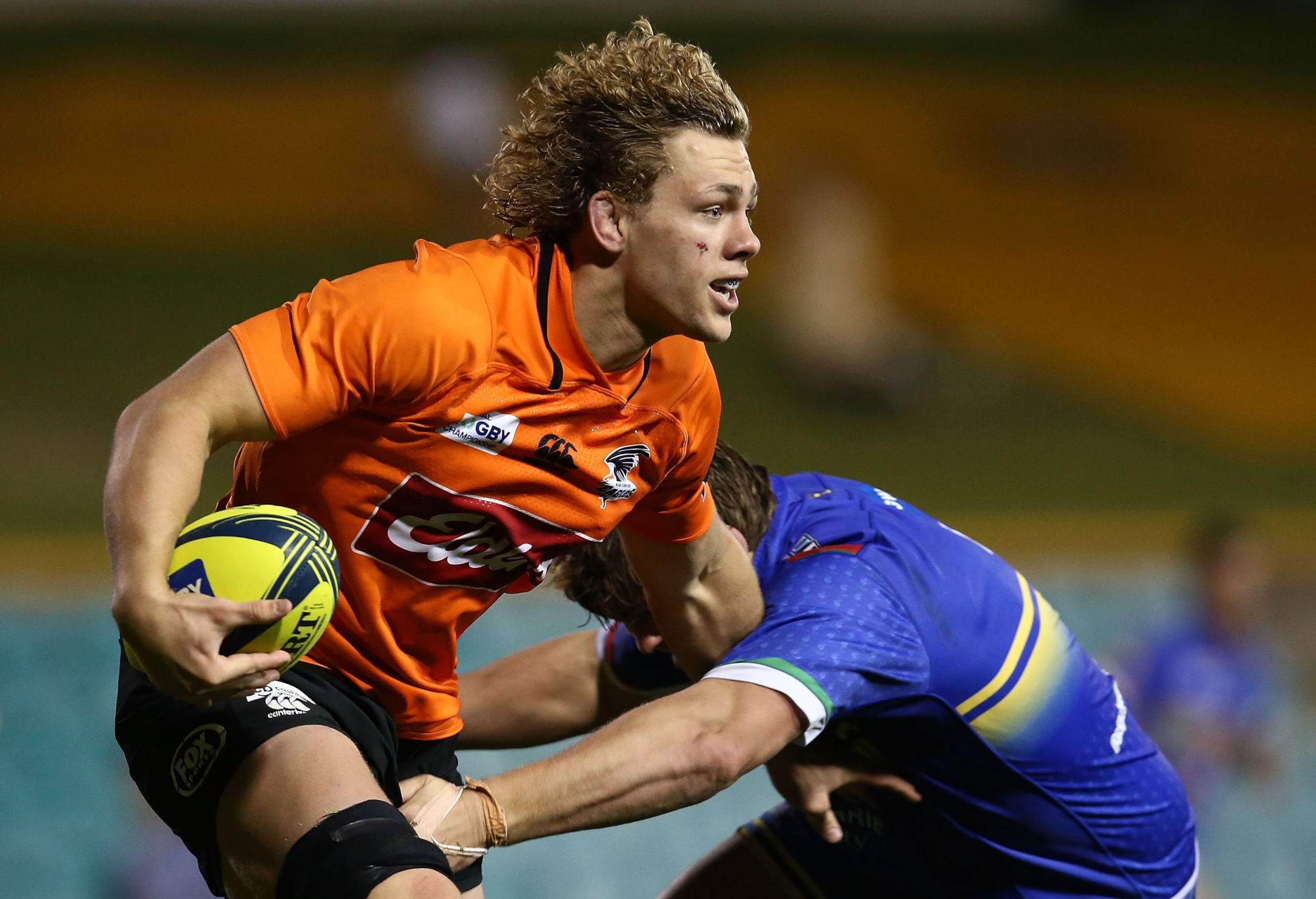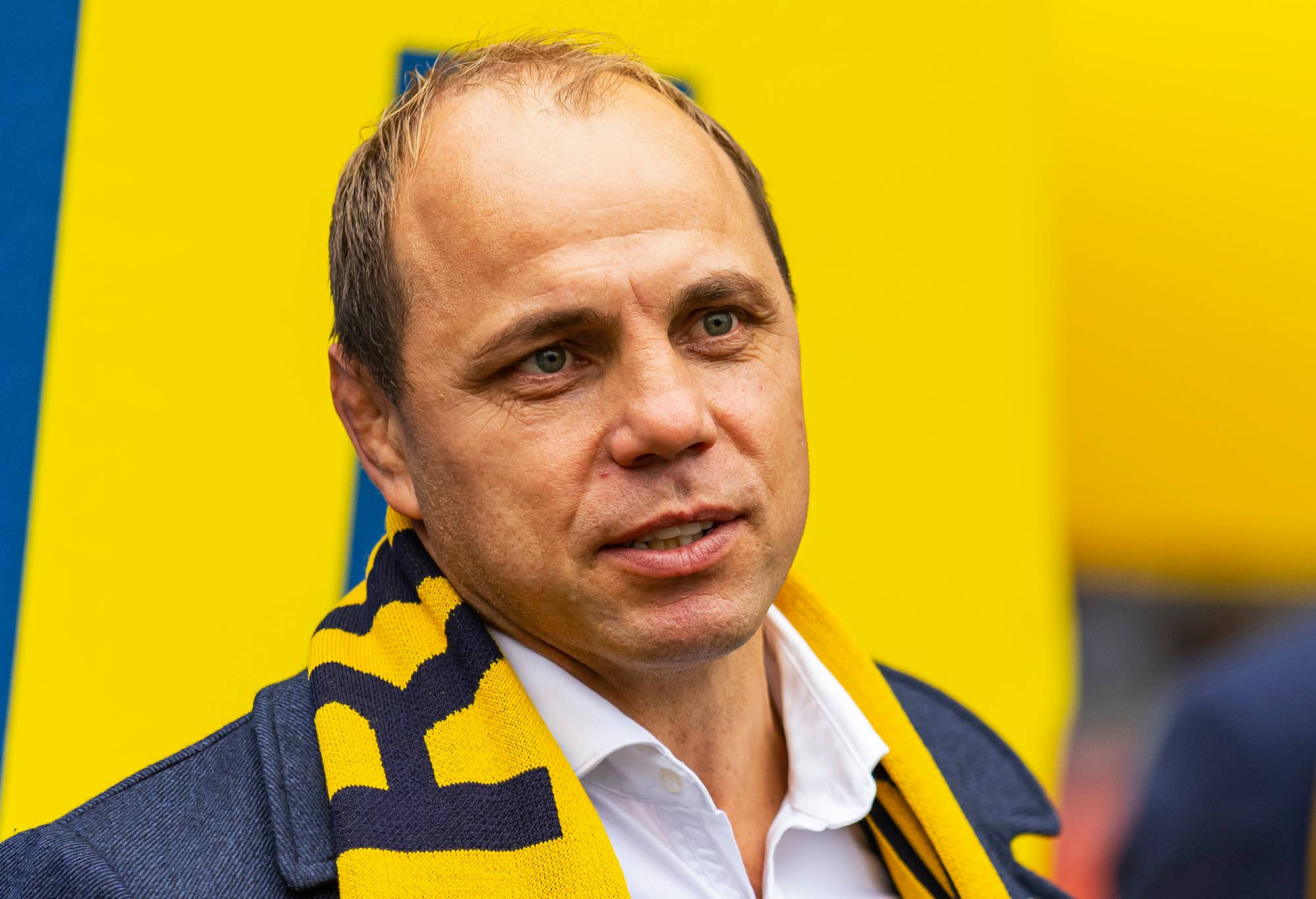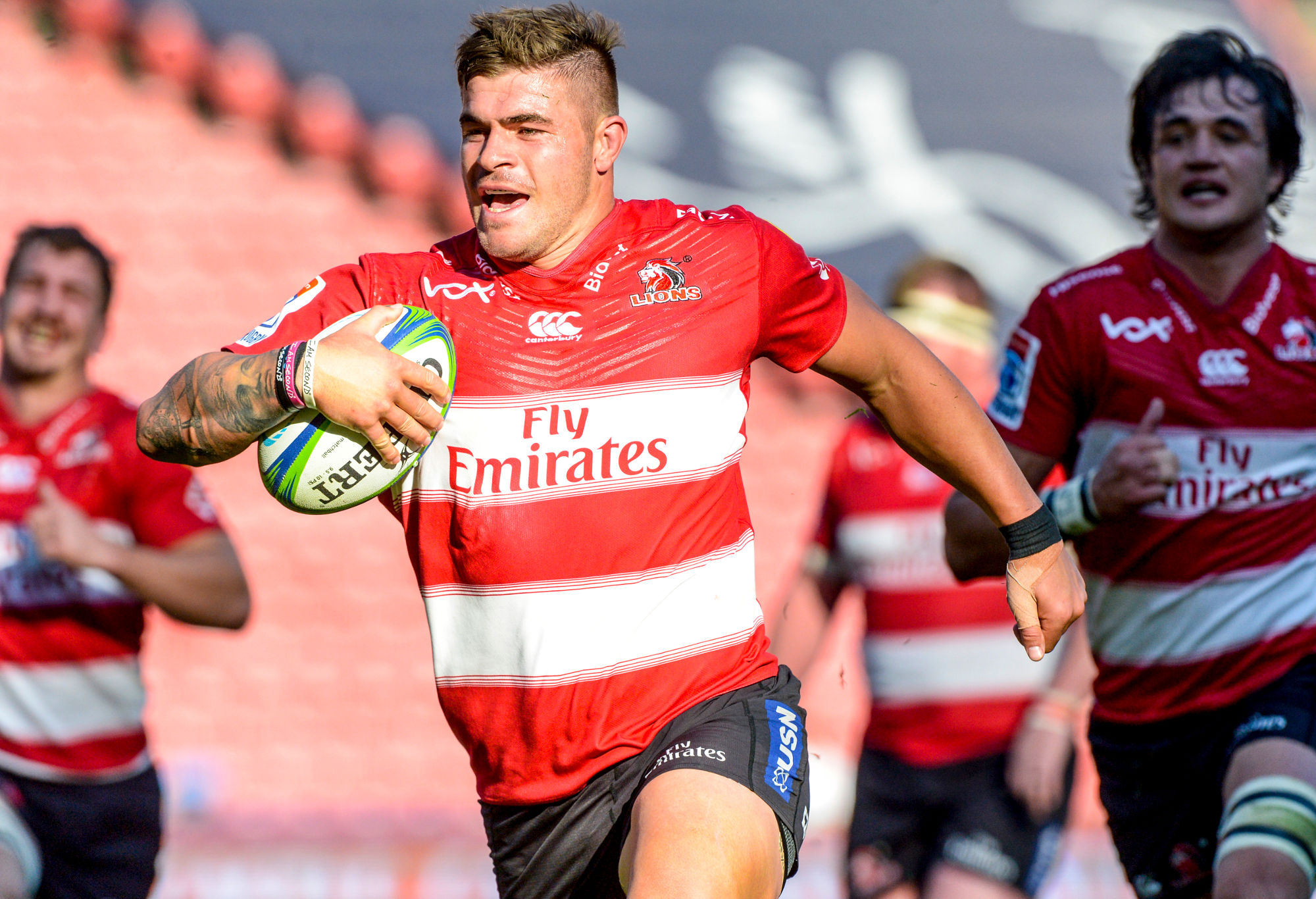Rugby Australia CEO Phil Waugh says he wants a third-tier rugby competition up and running next year with stakeholder discussions around how it will look happening “in the next couple of weeks”.
Waugh, speaking on The Roar Rugby Podcast, acknowledged getting more games into elite players was needed to raise the standard of rugby in Australia.
There are several different views on how a third tier should look – and Western Force’s Tony Lewis told the Sydney Morning Herald: “In a perfect model, you’d want two teams out of Queensland [and] three teams out of NSW. Then you’ve got one for the Brumbies, one for the Rebels, one from the Force. That’s an eight-team comp and that’s probably the perfect model if you think that 70 per cent of players really come from two states [NSW and Queensland].”
The model proposed by Lewis is a close reflection to what National Rugby Championship looked like in 2017, where nine sides, including three from NSW as well as the Fiji Drua, competed.

Western Force CEO Tony Lewis wants a NRC-style competition to return in Australian rugby. (Photo by Jason McCawley/Getty Images)
Waugh, however, wants the teams to have a closer connection with club rugby.
“Is it a club competition? Is it something whereby we’re bringing clubs together and creating regions? I think we need to really work that solution out because if you’re not playing Super Rugby you need to be playing good quality rugby,” said Waugh.
“At the moment, clearly we’re not playing enough games across the system. Then it’s around the other – geography is not easy as we know because we’re one of the largest countries and getting from Perth to Sydney or Sydney to Perth is a long way.
“We need to nut that out in the next few weeks because time is getting away from us. The World Cup in 2027 and the Lions in 2025 sounds like a long way away. But that’s just around the corner in terms of preparation, and you need to move quickly.
“My view is that goes probably go that goes back to the connecting piece around connecting with community. I believe across our club system the rugby clubs can be the beating heart of communities, and in some instances, it’s done really well.
“I don’t think we need to necessarily fabricate teams to bring it into a national competition, it’s more around how do we ensure that we leverage that level of tribalism and get the appropriate competition.
“If I go back to where Australia’s rugby has been really strong it is when we’ve been connecting our professional players, and our Wallabies, back into the community game, and some of our club games are a really good high quality games of rugby.
“Sometimes we’re a little bit hard on ourselves around the quality that we have in clubs, and whether that’s John Dent Cup, Shute Shield, Hospital Cup, some of those games are genuinely competitive and high quality games and sometimes we criticise ourselves a little bit more than we should around the quality of our club system.”
Waugh said Australian rugby suffered from a dilution of talent as players came from school ranks to consider professional sport, and that was having a competitive impact.
“If you’re not getting into a team, quickly enough, then other options to either go across to league or go overseas come into the players’ minds,” he said.
“We’ve definitely got to do a better job in the pathways. That’s what sets us up. And, and we know now that securing players that are far younger age than what we have had to historically is really important.

(Photo by Daniel Pockett/Getty Images for Rugby Australia)
“That dilution of talent from Australian 20s through to the Super Rugby teams, that’s what we need to do a lot of work on it.
“When you put your best 23 players, or squad of 30 players together at that level, we’re really competitive. I think where we probably less competitive is actually then if you go the next 30 and the next 30 down isn’t the same as what we’re seeing in Ireland, or in France, or in New Zealand.
“And then we filter out into the five professional teams at Super Rugby level and we just need to make sure that we’ve got the depth coming through because that’s where we’ve been found out a little bit at Super Rugby level.”
He said the problem for Australian teams to work on jointly is “if you’re not in the 23 how do we get more game time across players who aren’t playing?
“You might compare Richie Mo’unga versus Carter Gordon when they played their first Test match and how many good quality top grade games they’d played before they got out onto the big stage,” he said.
“It has to be on the radar. But we need to be ambitious. We’re talking about this golden decade. Obviously, I’m really excited about the golden decade. But when you think golden decade, you think a long time. But we haven’t got a long time. It’s less than two years now until we play the Lions. And we can see what’s going on in the northern hemisphere with their development talent coming through, then the World Cup is a little over four years away in Australia.”

Phil Waugh says Australian rugby can benefit from their Super Rugby sides touring other regions of the world in the off-season. (Photo by Sydney Seshibedi/Gallo Images)
Podcast host Brett McKay suggested that having the five states playing each other after Super Rugby might be the “cheapest, easiest and most effective” fix.
“It could be, but my broader stepping back is that actually the connection with the community is so important,”countered Waugh.
“So connecting with clubs, putting players into the clubs and into the community is also really important. We do have systems and club systems across the country, that if we put our best athletes into them can be a really competitive competition.
“What you’re suggesting may be the answer. But then you’ve got to ensure that we’re connecting with the community and it’s relevant and meaningful to our supporter base.”
Noting the need to play more, Australia’s Super Rugby sides have returned to touring other nations.
It is something that previously occurred, with Queensland touring Europe and NSW Argentina.
As recently as 2013, Michael Cheika’s Waratahs toured Argentina. Two years later, his side won the Super Rugby competition.
The Western Force will play the Cheetahs from South Africa in home and away fixtures this spring, while the Brumbies and Reds will tour Japan.
Waugh said one of the benefits of touring meant Australia’s talent would get exposure to other playing styles, particularly with South Africa no longer involved in Super Rugby since COVID-19 changed the tournament.































































































